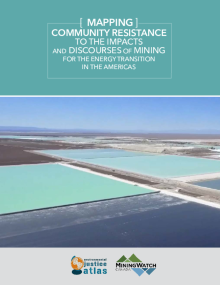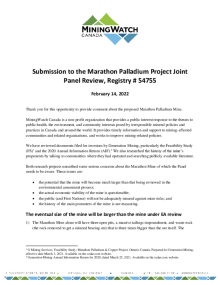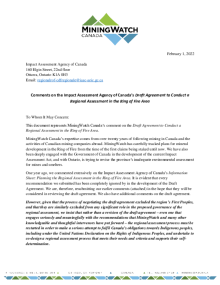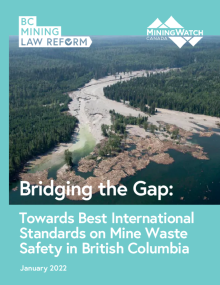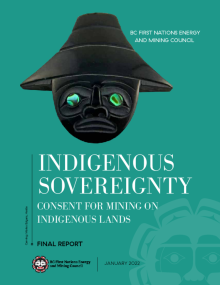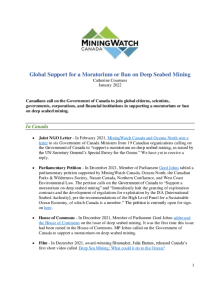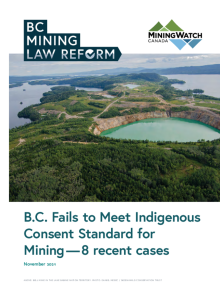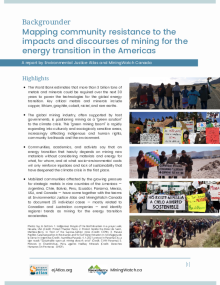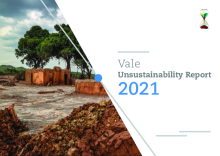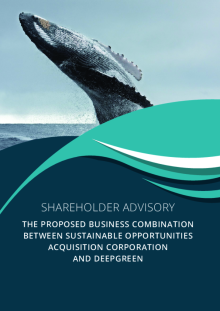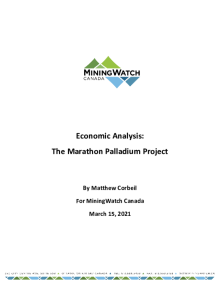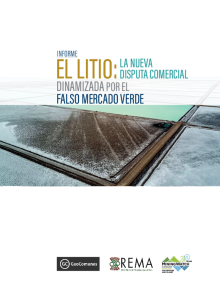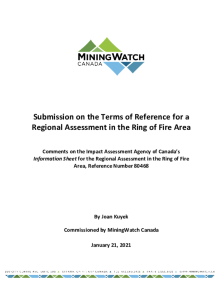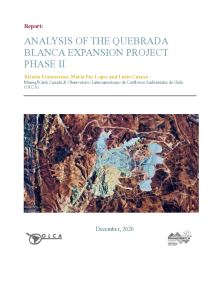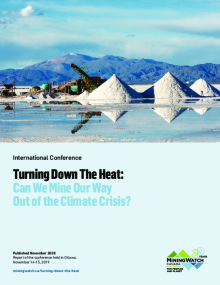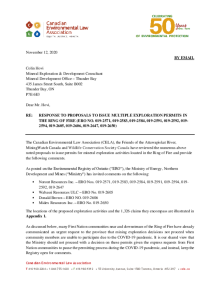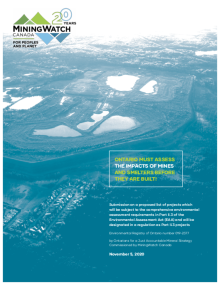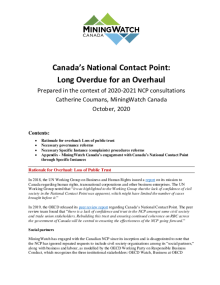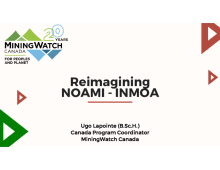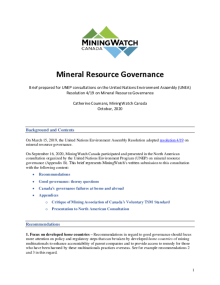Mapping Community Resistance to the Impacts of Mining for the Energy Transition in the Americas
Full report: The global mining industry, often supported by host governments, is positioning mining as a “green solution” to the climate crisis. This “green mining boom” is rapidly expanding into culturally and ecologically sensitive areas, increasingly affecting Indigenous and human rights, community livelihoods and the environment. Communities, academics, and activists say that an energy transition that heavily depends on mining new materials without considering materials and energy for what, for whom, and at what socio-environmental costs will only reinforce injustices and lack of sustainability that have deepened the climate crisis in the first place.
